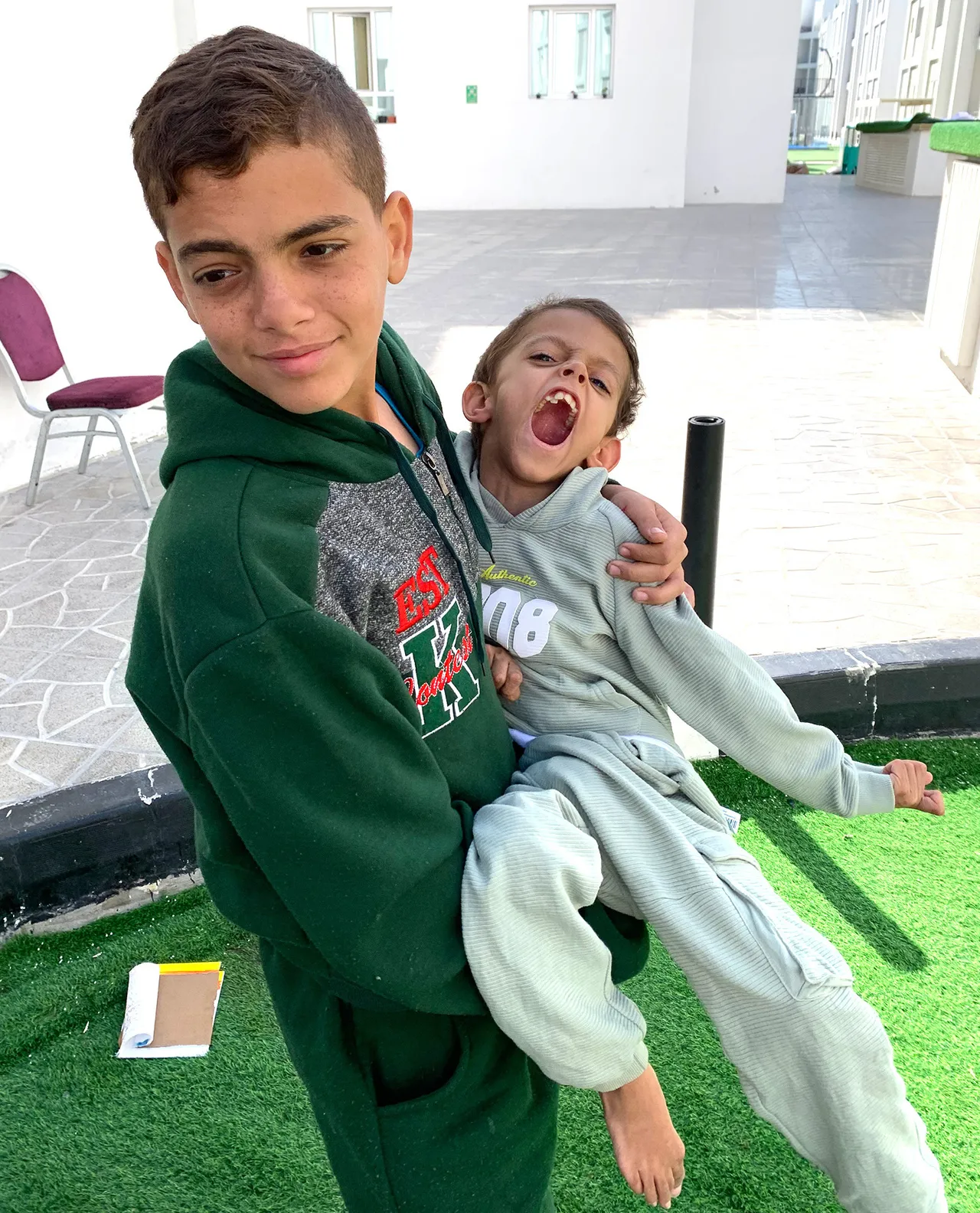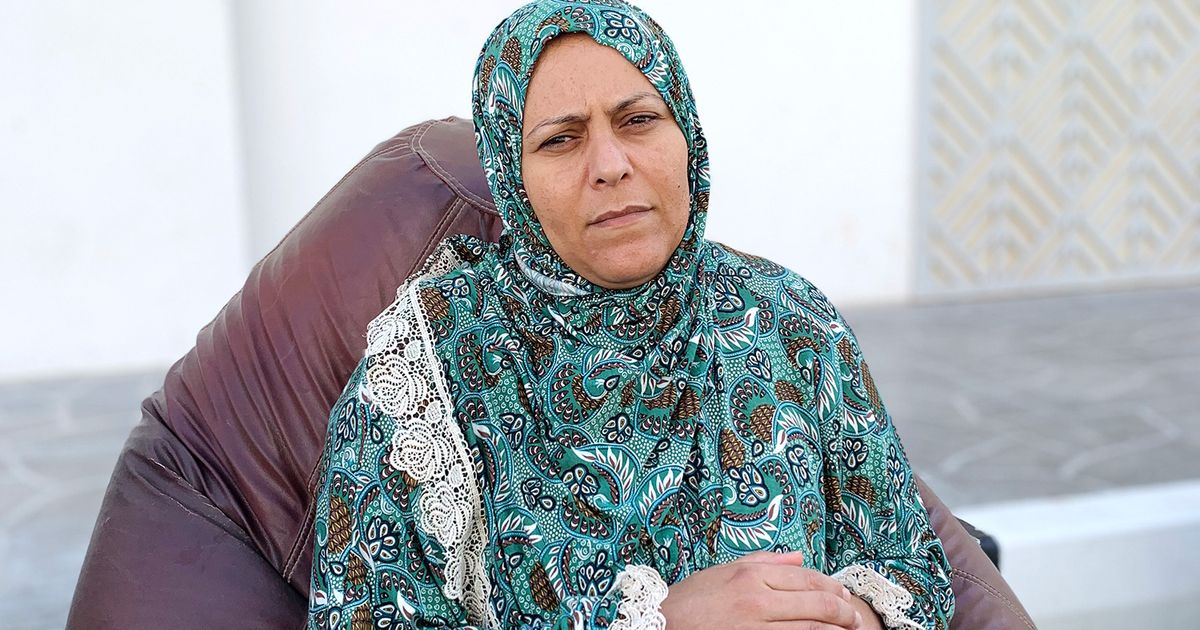The ongoing conflict in Gaza has left families separated, traumatized, and desperate for peace. Samira Thari, injured in an Israeli strike, has been in Qatar for three months, undergoing surgeries while worrying about her children in Gaza. Mohammed Obaid, who lost his wife and saw his son lose a leg in an airstrike, expresses a desperate longing for peace amid the ongoing violence.
Over 700 Palestinian civilians, mostly wounded individuals, have found refuge in Qatar, while thousands remain trapped in Gaza. The evacuation of Palestinians has highlighted both the physical and emotional toll of the conflict, with many expressing disillusionment about the global response to Israel’s offensive.
Family separation weighs heavily on evacuees like Naheel, who was separated from her husband during their journey to safety. For Thari and others, the longing to reunite with loved ones in Gaza is overwhelming, compounded by guilt and fear for their safety.

Gaza’s Conflict: Families’ Struggle for Peace and Reunion (Credits: Huffpost)
The dire humanitarian situation in Gaza, exacerbated by the conflict, has left many families struggling to survive. Northern Gaza, in particular, faces near-famine conditions, with children dying of hunger. Despite international efforts to send aid, obstacles imposed by Israel hinder relief efforts, leaving many Palestinians in desperate need.
Efforts to negotiate a cease-fire and alleviate the suffering in Gaza have faced significant challenges. Talks between Israeli and Qatari mediators with Hamas have stalled, raising doubts about the prospects for a meaningful resolution to the conflict. The Biden administration’s reluctance to pressure Israel and its reliance on airdrops for aid delivery have drawn criticism from humanitarian advocates.
As the conflict persists, Palestinians like Thari continue to endure unimaginable hardships, resisting food and clinging to hope for a better future. The urgency to address the humanitarian crisis in Gaza and negotiate a lasting peace remains paramount, as families continue to suffer the devastating consequences of war.























